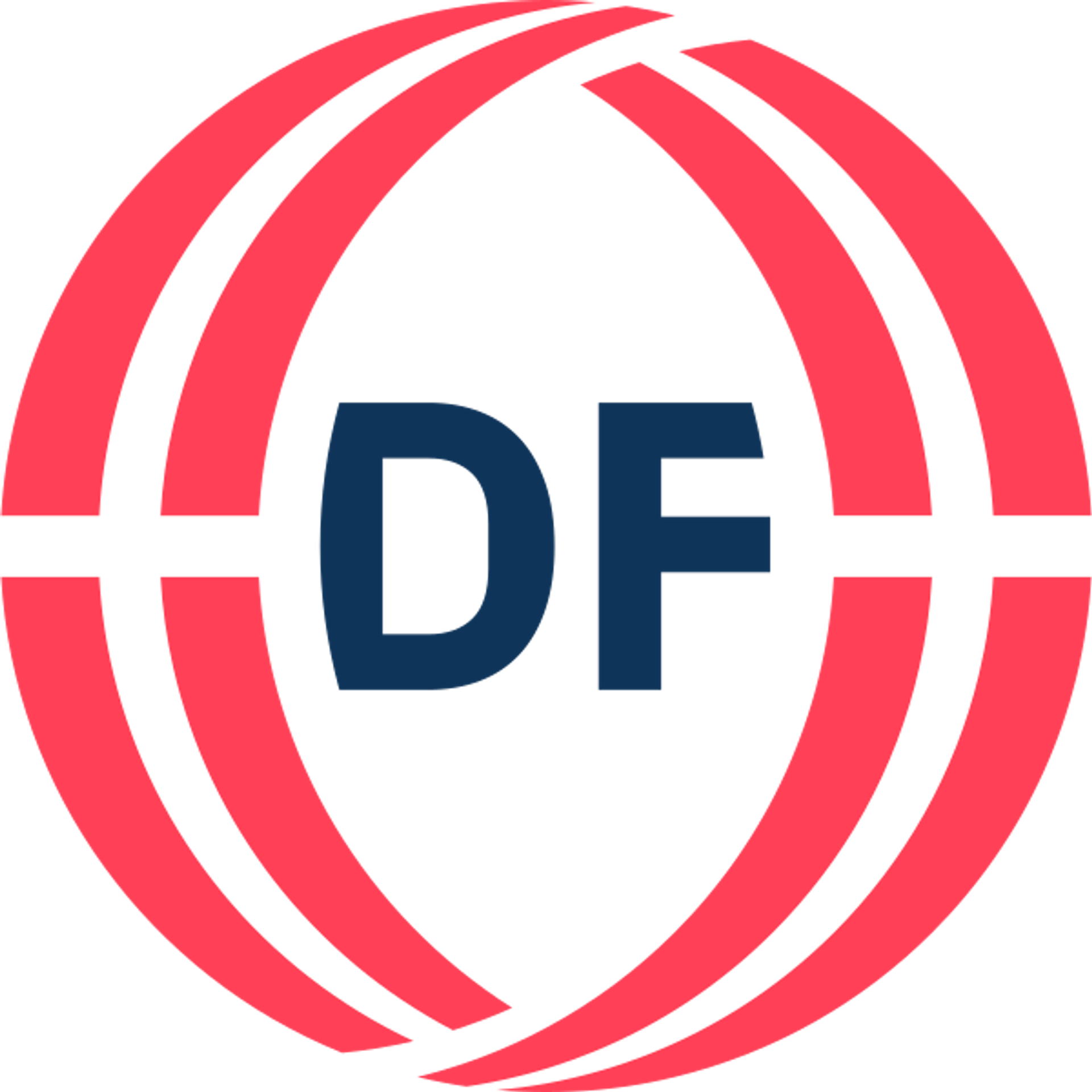
Hezbollah
What do people say about Hezbollah?
Hezbollah's perception in Denmark is predominantly negative, characterized by its association with extremist actions and threats to peace. The organization is often labeled as a terrorist group, leading to fears about its influence on regional and global security. This negative outlook is compounded by concerns over Hezbollah's military capabilities and its role in conflicts beyond Lebanon. While some may recognize its political activities, the overarching narrative remains focused on its militant reputation, overshadowing any potential for positive dialogue.
Where are the conversations happening?
Media sources in Denmark portray Hezbollah predominantly as a terrorist organization with a focus on its military actions and regional conflicts. Critical discussions mainly occur in news outlets that prioritize national security and counter-terrorism narratives. The portrayal of Hezbollah is rarely nuanced, with outlets like Berlingske and Jyllands-Posten leading the charge in framing the group negatively, leaving little room for any positive considerations of its political role.
What are the topics trending around Hezbollah?
Discussions around terrorism, regional conflicts in the Middle East, and Denmark's security policies are emerging topics closely related to Hezbollah.
Why are these topics trending?
These topics are trending due to ongoing concerns about terrorist activities influencing European security, the implications of Middle Eastern conflicts on Denmark, and the government's stance on counter-terrorism initiatives.
How is Hezbollah being talked about?
Detailed breakdown of public sentiment and conversations about this entity.
Impact vs Sentiment
See how each entity's high impact percentage relates to their positive sentiment percentage from actual mentions.




